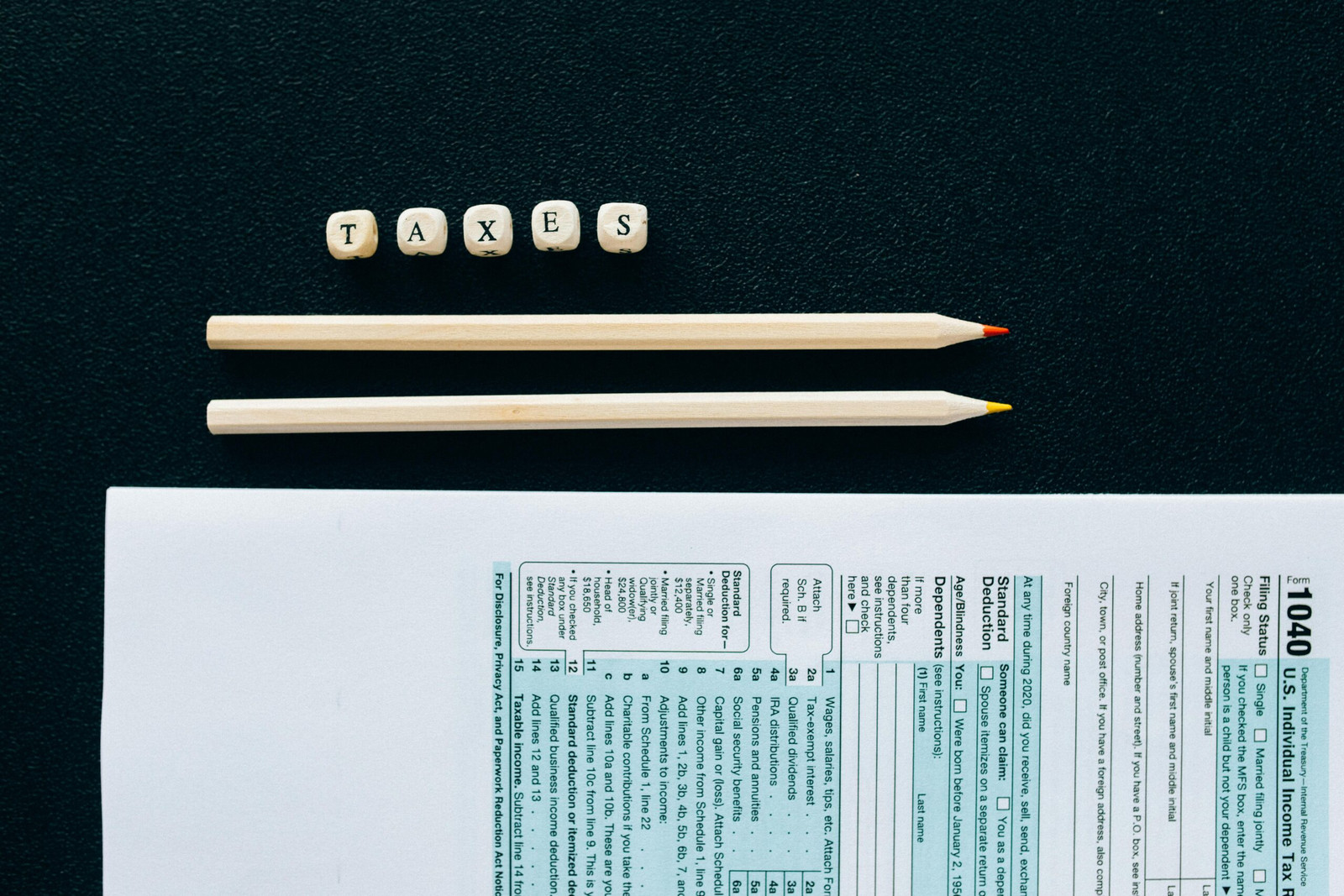Coordinating Minister for Economic Affairs Airlangga Hartarto announced that the government will implement a 12% Value-Added Tax (VAT) rate starting January 1, 2025. This policy aligns with the VAT provisions in Law No. 7 of 2021 on Harmonization of Tax Regulations (UU HPP).
However, certain goods will receive a reduced VAT rate or remain at 11%. Basic necessities will even be exempt from VAT or set at 0%.
“VAT will increase to 12% starting January 1, 2025. However, essential goods needed by the public will either receive VAT facilities or be set at 0%,” Airlangga stated on Monday (Dec 16, 2024) at the Coordinating Ministry for Economic Affairs office in Central Jakarta, as reported by Detik.com.
Goods and services exempted from VAT (0%) include basic items such as rice, meat, fish, eggs, vegetables, and fresh milk. Essential services such as education, healthcare, public transportation, financial services, affordable housing, and clean water are also exempt, totaling an estimated IDR 265.6 trillion.
To support low-income households amid the 12% VAT policy, Airlangga highlighted that the government will cover 1% of the VAT on basic necessities, effectively maintaining the rate at 11%.
“For instance, cooking oil will receive a 1% subsidy, preventing the rate from rising to 12%. The same applies to wheat flour and industrial sugar,” he explained.
This stimulus aims to preserve purchasing power, especially for basic needs. Industrial sugar, which supports food and beverage processing industries vital to the economy, will also retain the 11% rate.
Additionally, Airlangga mentioned food aid and rice assistance for households in the lowest two income brackets, amounting to 10 kg per month. Households with electricity installations of up to 2,200 VA will receive a 50% discount on their bills for two months.
Government Prioritizes Fairness in VAT Implementation
Finance Minister Sri Mulyani Indrawati emphasized the government and Parliament’s commitment to exempting essential goods from VAT. The government has allocated an estimated IDR 265.6 trillion to cover these exemptions, ensuring affordable prices for the public.
“The 12% VAT policy reflects fairness and solidarity, considering public aspirations. Wealthier groups are expected to pay taxes according to the law, while less fortunate individuals will receive state protection and assistance,” she explained, quoting beritasatu.com.
Sri Mulyani stated, in response to Parliament’s suggestions, the 12% VAT rate will apply to luxury goods. The Ministry of Finance is currently finalizing the list. The plan includes taxing premium services, such as VIP hospital care and high-cost international-standard education, under the 12% rate.
Impact of 12% VAT on Banking and Economy
The Financial Services Authority (OJK) has highlighted potential economic implications of the VAT increase on banking, particularly concerning consumer purchasing power.
“This adjustment could temporarily contract economic activity,” said Dian Ediana Rae, Chief Executive of OJK’s Banking Supervision, during the monthly Board of Commissioners Meeting press conference on Friday, December 13, 2024, reported by Tempo.co.
According to Dian, the 12% VAT hike may affect purchasing power and gradually increase production costs, as businesses adjust to maintain product and service competitiveness. However, he noted that the change is unlikely to immediately impact borrowers’ repayment ability. OJK and other regulators will monitor economic indicators to maintain growth and stability.
Despite the challenges, banking credit continued to grow at a double-digit rate of 10.92% year-on-year as of October 2024. Dian recalled that when VAT rose from 10% to 11% in 2022, banking credit still grew by 10.38% yoy, with non-performing loans (NPL) maintained at 2.19%.
Source: detik.com, beritasatu.com, Tempo.co
Image credit: Nataliya Vaitkevich (pexels.com)


